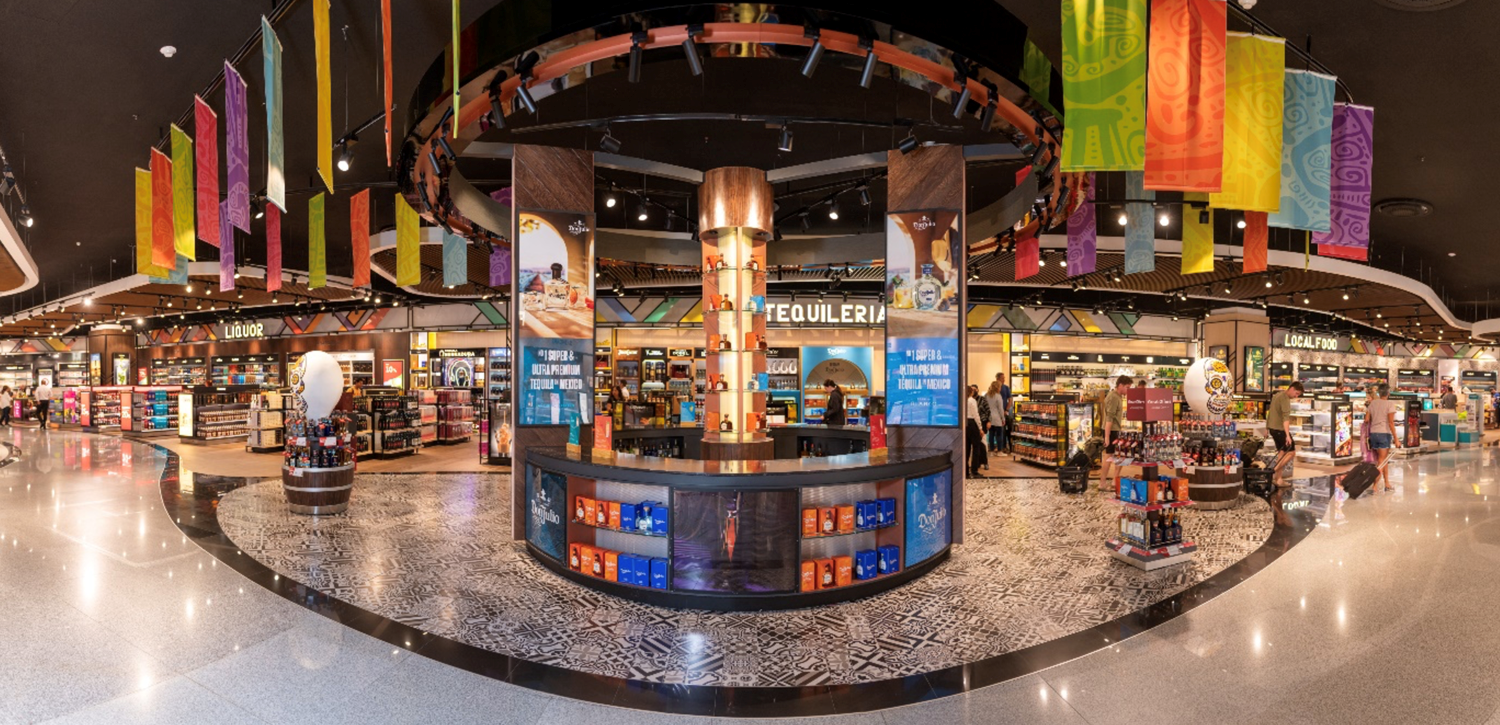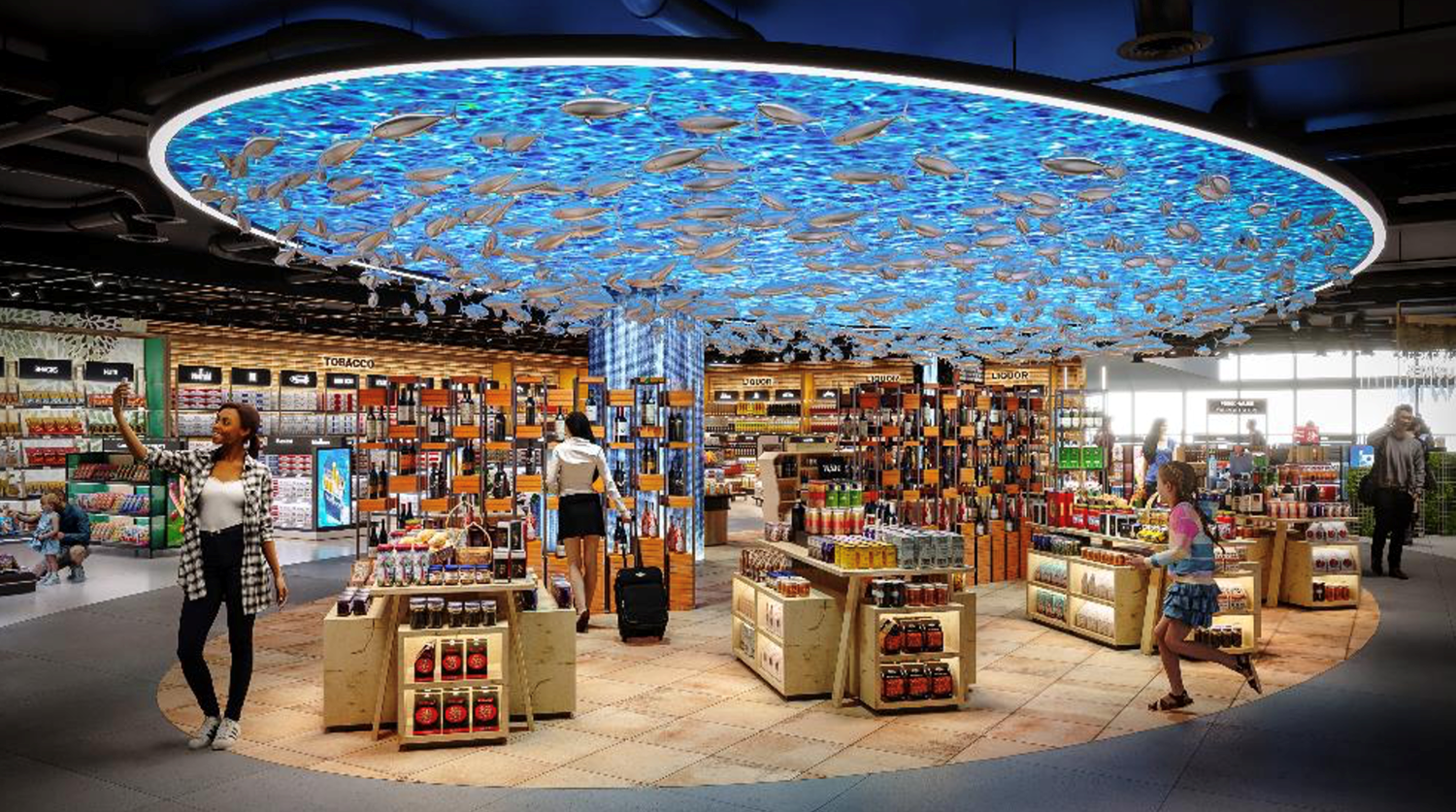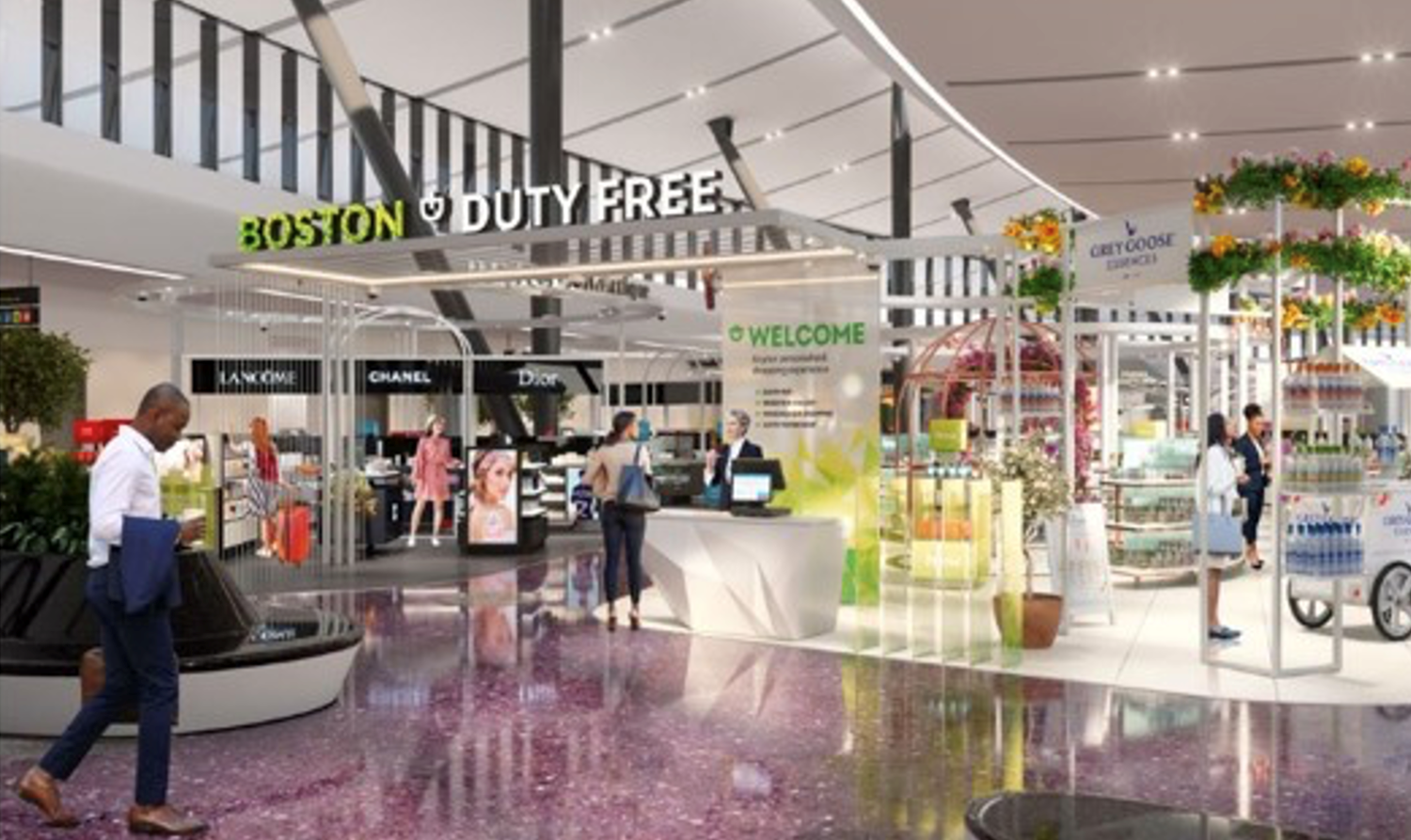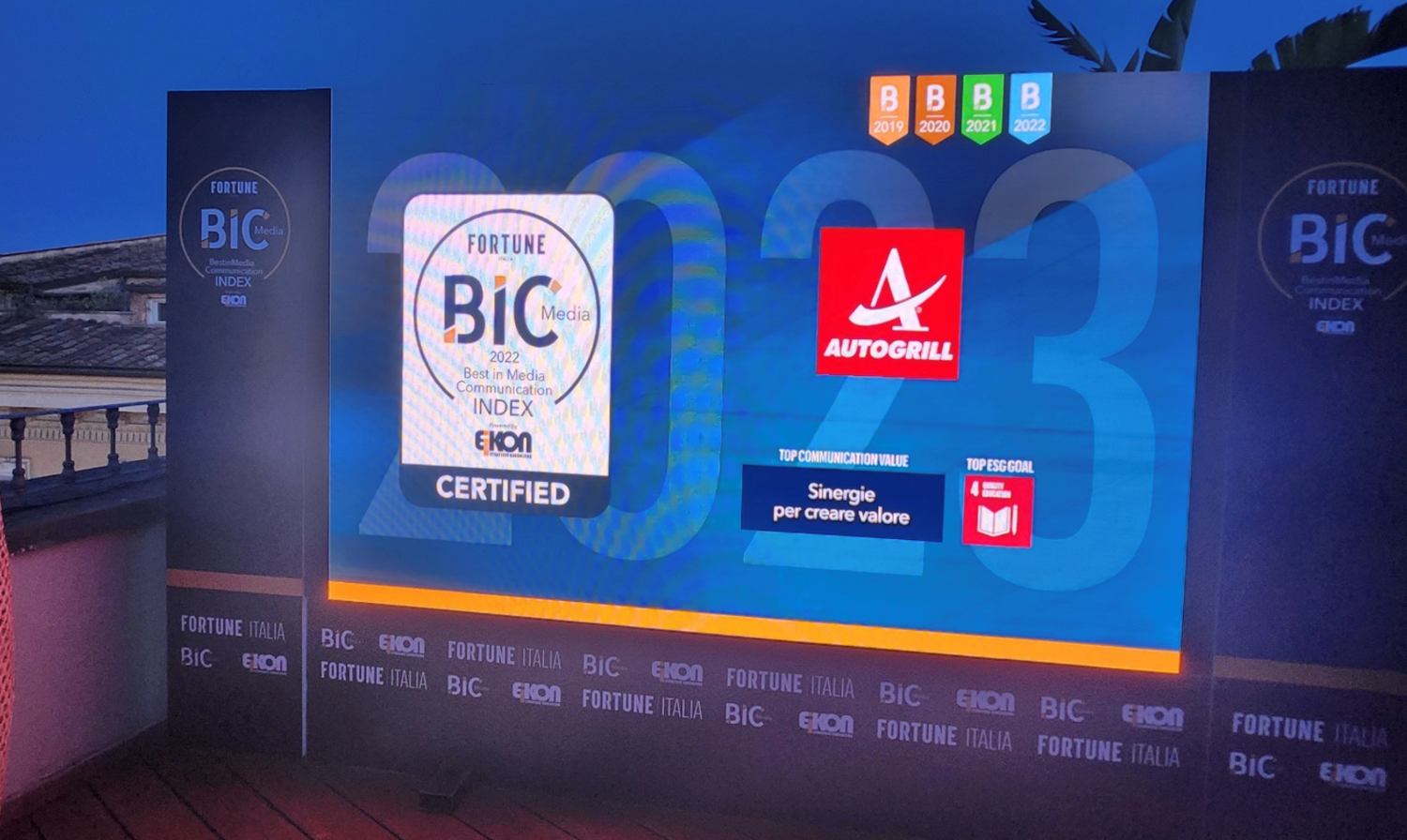Issue 34 - March 2020
Responsible Retailing of Alcohol
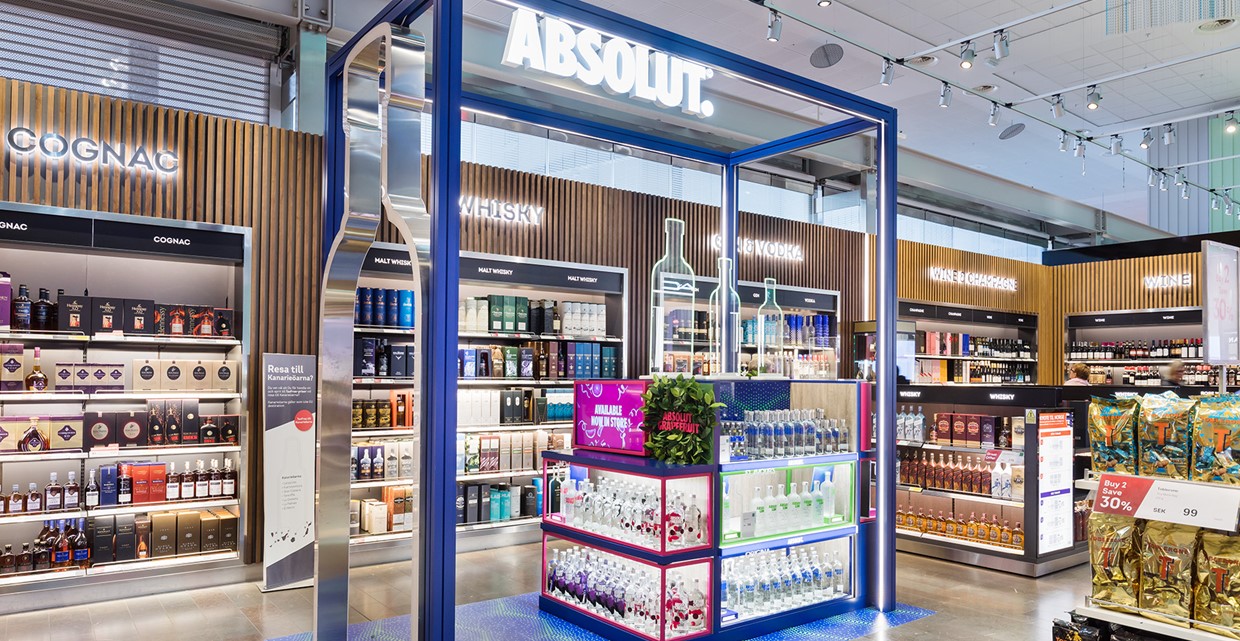)
By Jorge Muñiz
If you are working in one of our stores selling alcohol products to our customers, or if you are somehow involved with the liquor category, this shouldn’t be breaking news for you. Dufry is training staff on how to responsibly handle the marketing and sale of alcohol products in our stores, and thus is in line with the recommendations of European Travel Retail Confederation (ETRC).
This industry initiative builds on the self-imposed Duty Free World Council (DFWC) Self-Regulatory Code of Conduct for the Sale of Alcohol Products in Duty Free & Travel Retail, which most of the ETRC members, including Dufry, have signed and implemented. This initiative was designed to complement any existing codes and guidelines being followed by individual alcohol manufacturing companies and other bodies.
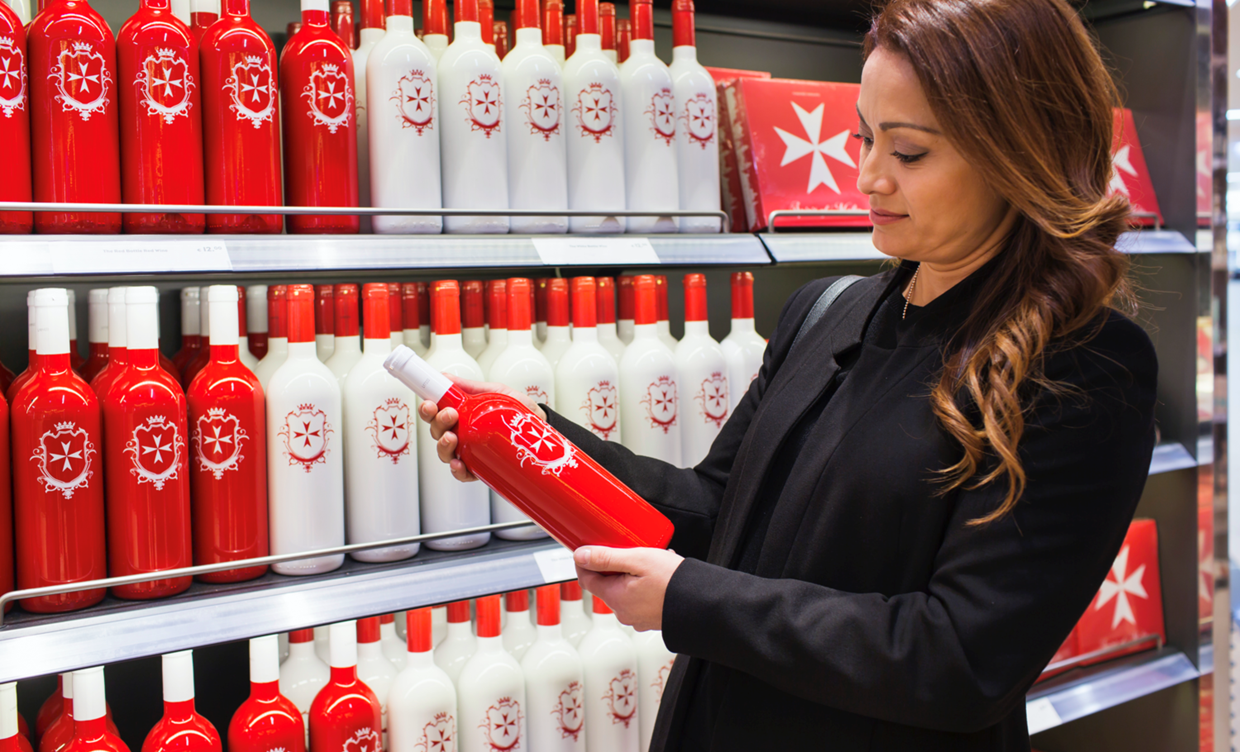)
The DFWC code from 2015 was specifically designed for the duty-free and travel retail industry, reflecting the distinct nature of travel retail and the differences from domestic retailing environments, which amongst others include:
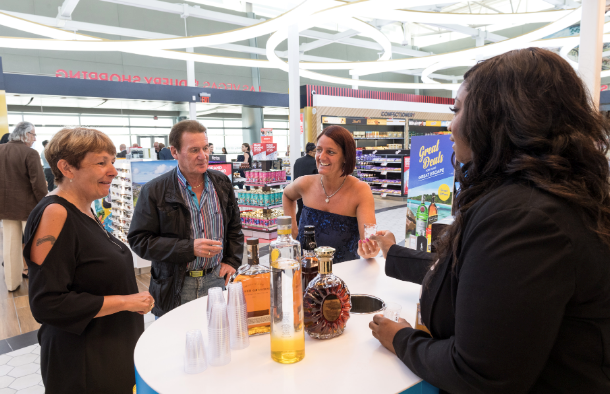
- Travel retail´s unique customer base, which consists of international travelers frequently unable to speak the local language and potentially unfamiliar with the national laws on age of purchase, labeling etc.
- Opening hours in certain duty-free and travel retail locations such as airports mean that shops are often open 24 hours, 7 days a week, with licensing laws allowing them to sell alcohol earlier and later than their high-street equivalents.
- The circumstances of purchase, with passengers often having little time to spare, or choosing to pass time in duty-free and travel retail shops as an inherent part of the travel experience.
- Custom limits and security requirements.
-
Restrictions on consumption for passengers at airports until they reach their destination, enforced by the sealing of alcohol products in plastic bags – something that doesn’t happen in high-street retail.
The Code of Conduct hence provides a unique standard for the promotion of responsible retailing of alcohol products in the duty-free and travel retail channel, establishing clear guidelines for commercial communications, sales of product in the travel retail and duty-free environments and for product sampling and tasting at the point of sale. The code is publicly available in the DFWC website here.
As a next step to the Code of Conduct, this training module is intended to further promote the understanding of the Code by all stakeholders involved in the sale of liquor: retailers, brands, commercial and communications teams.
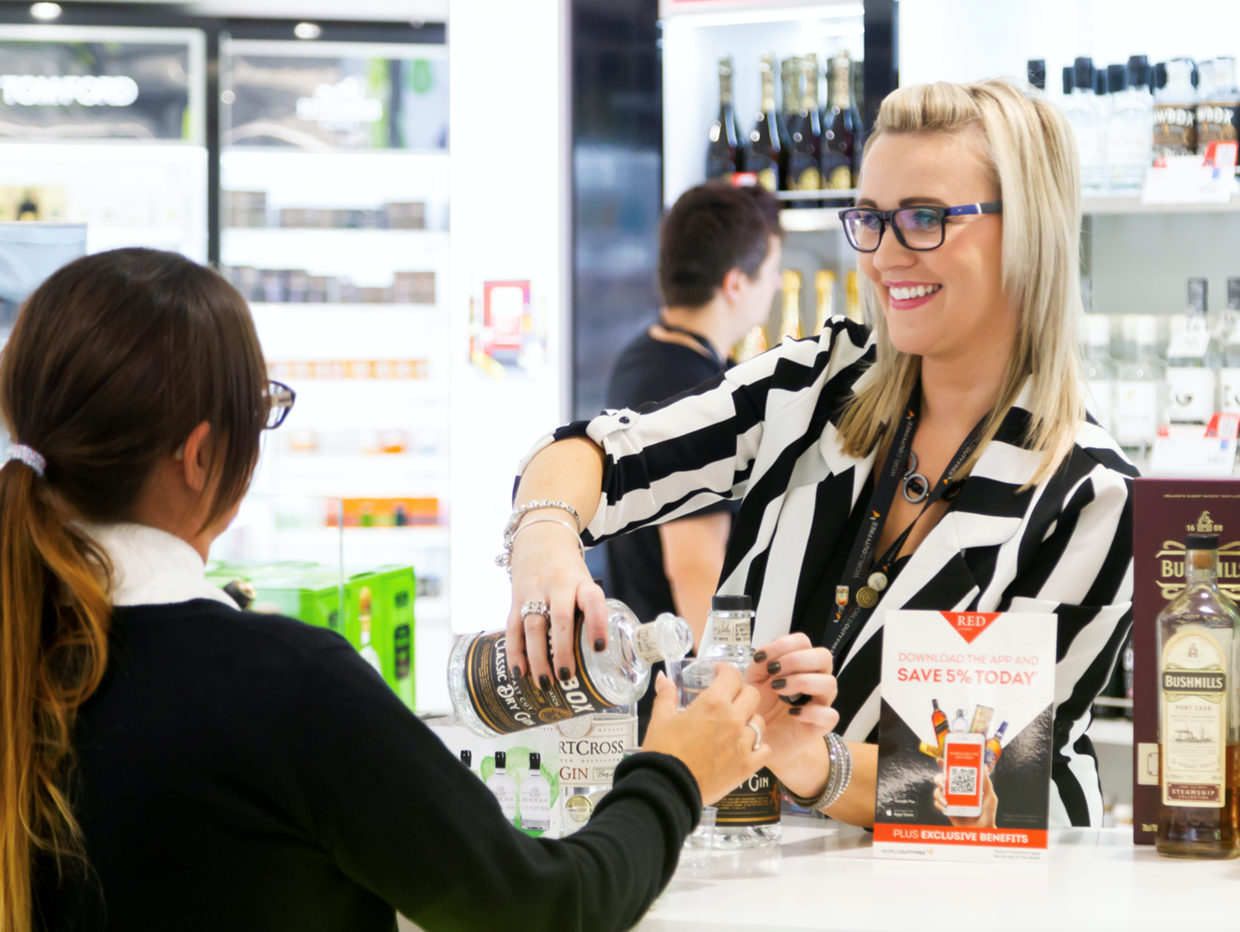)
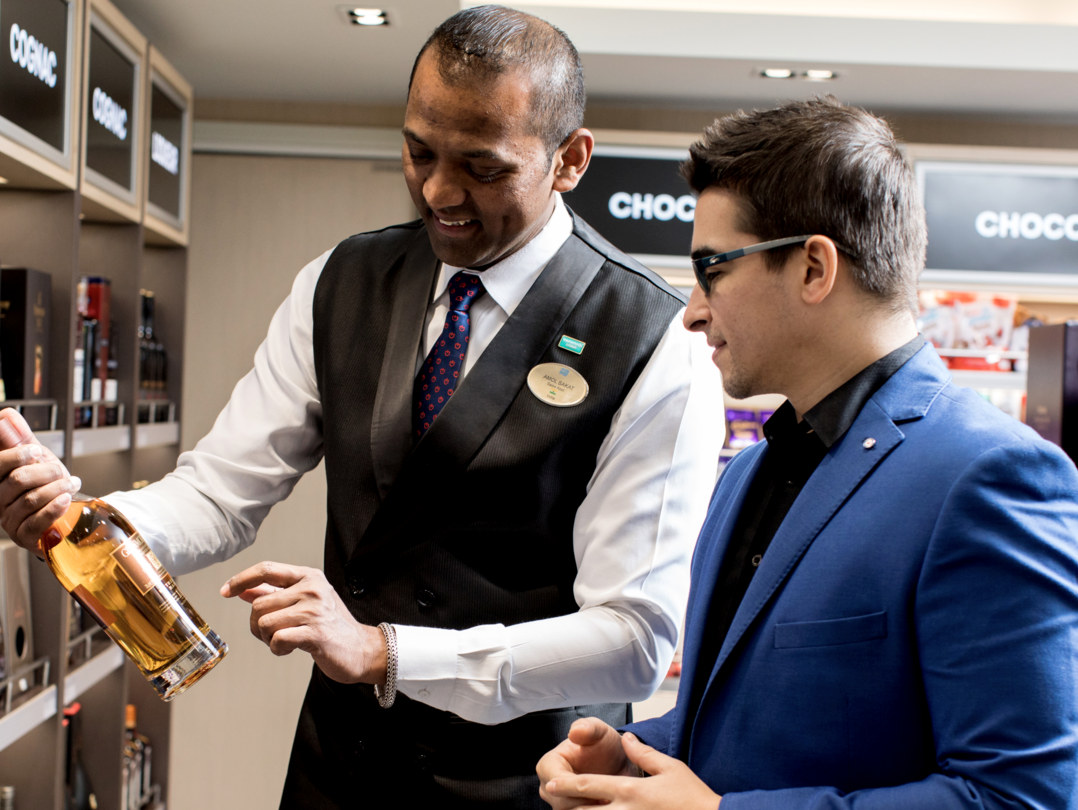)
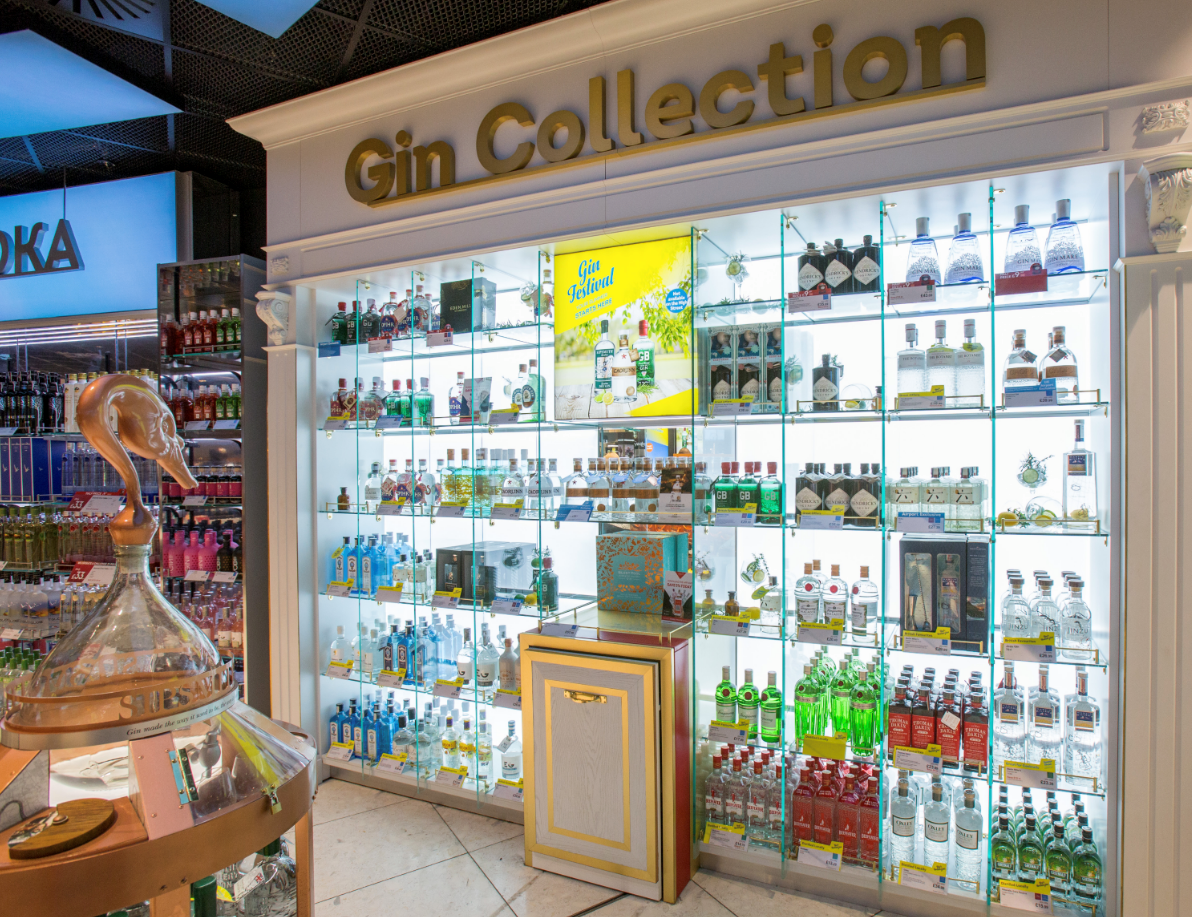)
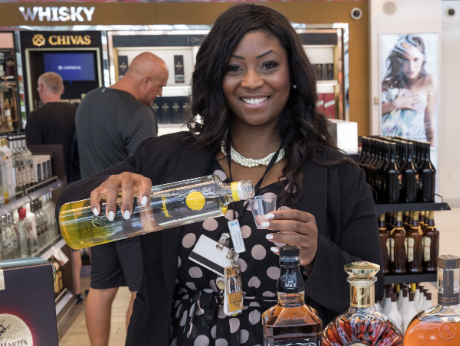)
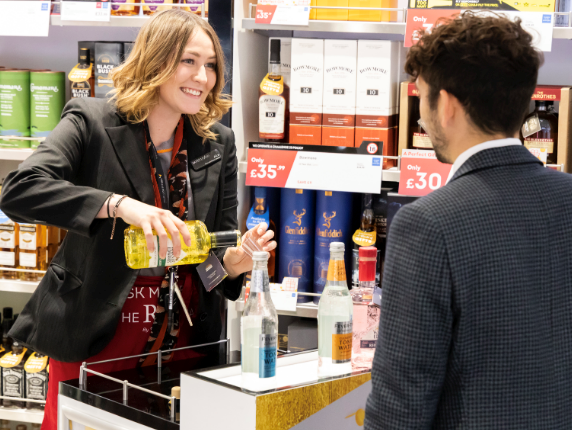)
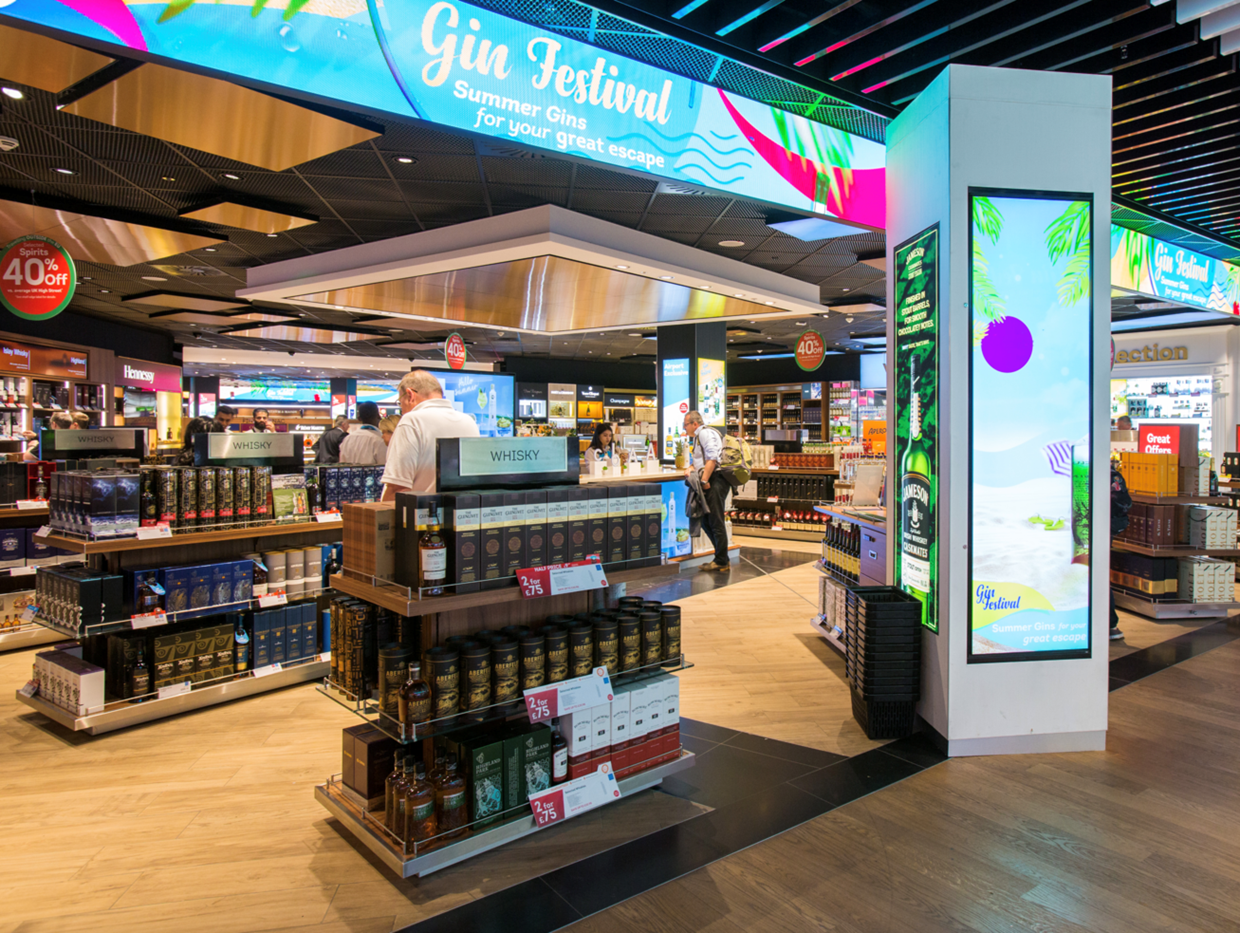)
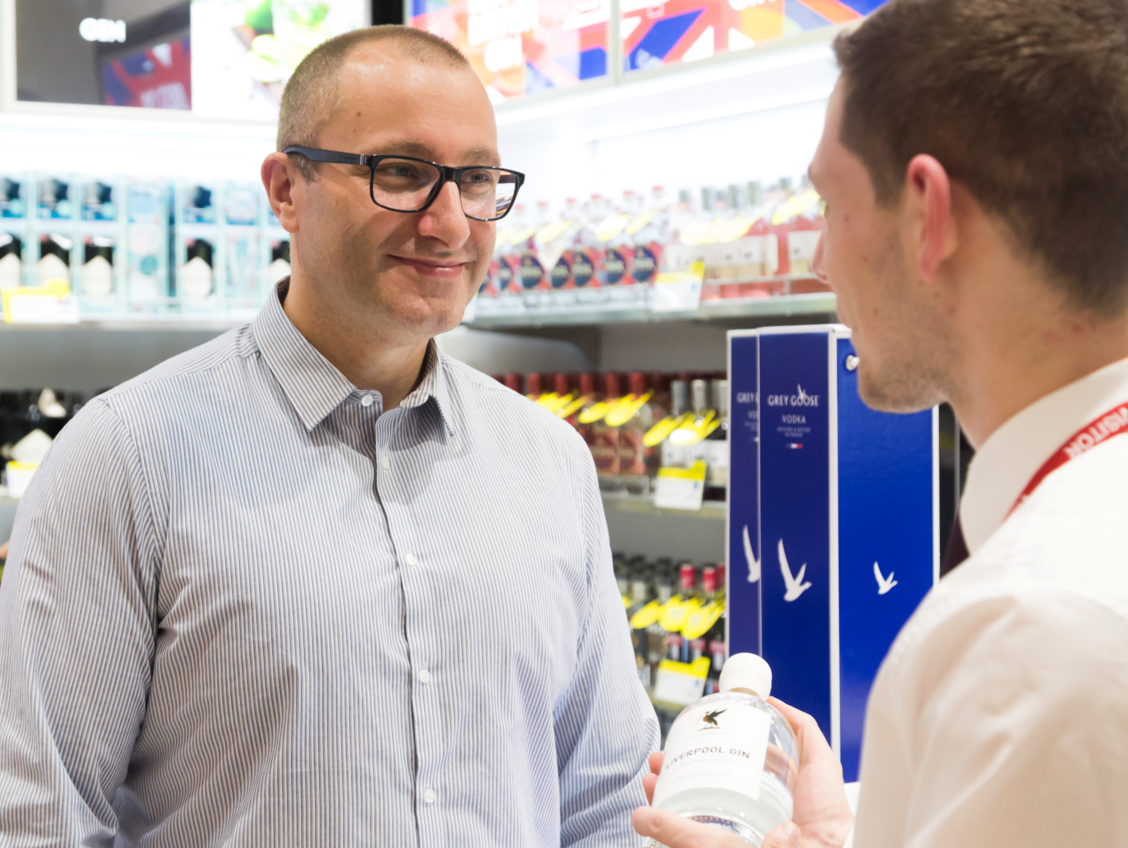)
What does this training consists of?
The training program builds on the above mentioned adoption in our industry of a Code of Conduct for the sale of alcohol. Those taking this course are trained in all the key policies in relation to alcoholic beverage service under the DFWC Code of Conduct, including store set up, sampling and customer interaction. This includes understanding how to identify those customers that require extra care and attention, apply strategies to ensure a positive outcome and know how to respond when a difficult situation arises.
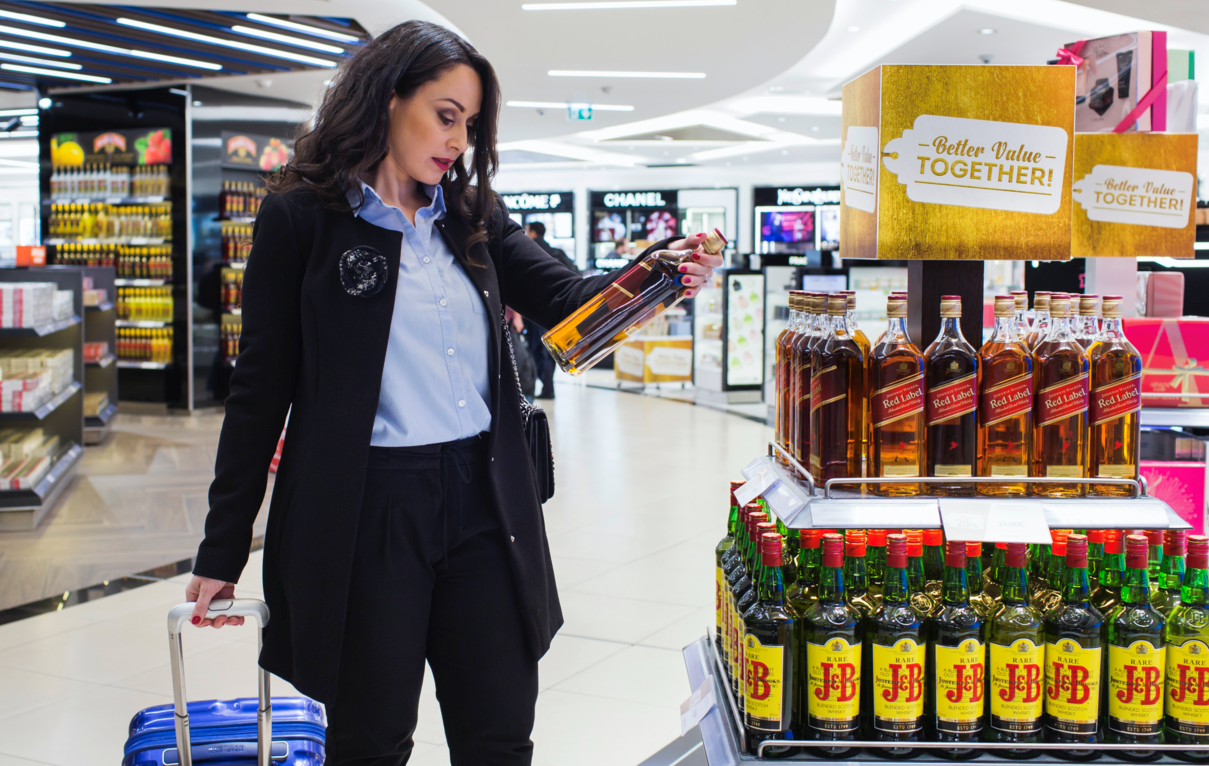)
The training module just takes 30 minutes, it is available in three different languages (English, French and Spanish), with more languages to follow shortly. It can be taken from any internet-connected device and the training can be completed in different sessions. Upon completion of the training, a certificate of accreditation is issued to successful participants.
Why this accreditation?
The sale of alcohol is probably now - more than ever - in the spotlight, with various challenges to alcohol marketing and retailing in duty-free. From health warnings and labelling, to separation of space where alcohol can be sold in stores, or even restrictions and reduction in the allowances, there are a number of initiatives that can negatively affect sales in this category.
Beyond ensuring the understanding and assimilation of the Code of Conduct by stakeholders, the training module is a proof point that we, as an industry, are behaving responsibly. ETRC will be monitoring the number of participants who register and successfully complete the training, with the aim of demonstrating to policy-makers that the travel retail and duty-free industry take self-regulation seriously and that our channel does not need any further legislation restricting our ability to retail.

